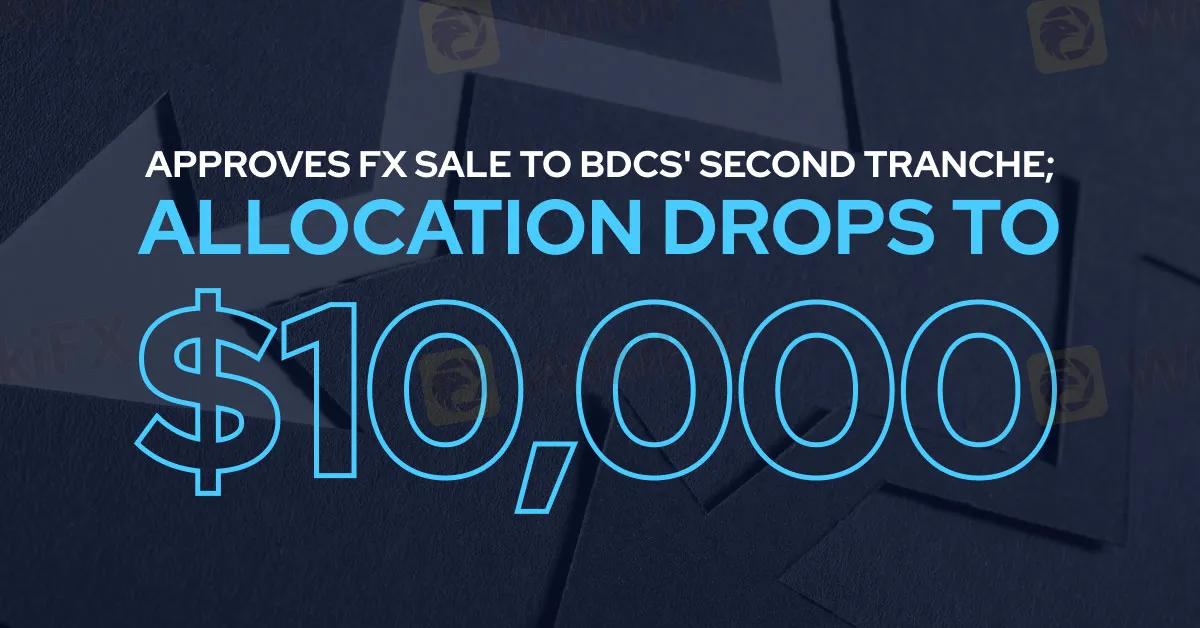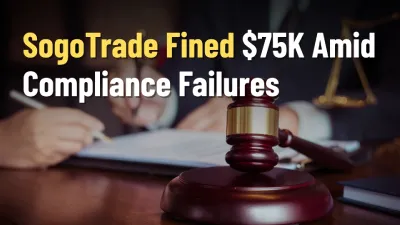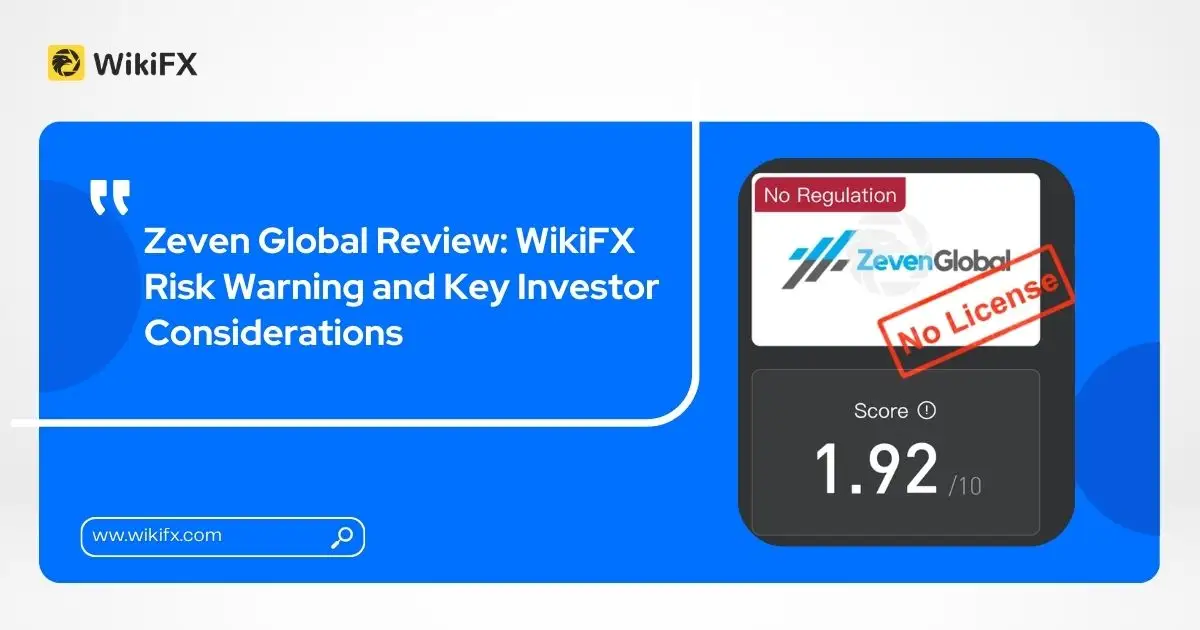SogoTrade Fined $75K Amid Compliance Failures
FINRA fines SogoTrade $75,000 for market access control failures as TopFX advances synthetic indices trading and 24/7 multi-asset solutions.
简体中文
繁體中文
English
Pусский
日本語
ภาษาไทย
Tiếng Việt
Bahasa Indonesia
Español
हिन्दी
Filippiiniläinen
Français
Deutsch
Português
Türkçe
한국어
العربية
Abstract:The Central Bank of Nigeria (CBN) on Monday approved the sale of foreign exchange (FX) in a second batch to approved Bureau De Change (BDC) operators in response to the demand for invisible transactions.

The Central Bank of Nigeria (CBN) on Monday approved the sale of foreign exchange (FX) in a second batch to approved Bureau De Change (BDC) operators in response to the demand for invisible transactions.
The BDCs will get $10,000 at a rate of N1, 251/S, according to the central bank, which is a reduction of N50 from the N1, 301/S allocated in the first tranche.
The central bank had reduced by half the $20,000 that each BDC had received in February, according to the most recent intervention.
In a letter dated March 25, 2024, and signed by Dr. Hassan Mahmud, CBN Director of the Trade & Exchange Department, the CBN gave the President of the Association of Bureau De Change Operators of Nigeria (ABCON) the most recent allotment.
The Central Bank of Nigeria (CBN) on Monday approved the sale of foreign exchange (FX) in a second batch to approved Bureau De Change (BDC) operators in response to the demand for invisible transactions.
The BDCs will get $10,000 at a rate of N1, 251/S, according to the central bank, which is a reduction of N50 from the N1, 301/S allocated in the first tranche.
The central bank had reduced by half the $20,000 that each BDC had received in February, according to the most recent intervention.
In a letter dated March 25, 2024, the CBN provided the most recent allocation to the President of the Association of Bureau De Change Operators of Nigeria (ABCON), under the signature of Dr. Hassan Mahmud, CBN Director of the Trade and Exchange Department.
The central bank explained that the necessity of the intervention stemmed from the persistent price distortions at the retail end of the market, which parallel market and increasing. Furthermore, by establishing the naira that was determined by the market, the measure helped continuing changes in the FX market.
The CBN stressed that the BDCs were allowed to sell to end users at a margin of no more than 1% above the purchasing rate of the central bank.
During the official NAFEM window on Monday, the naira strengthened further, closing at N1, 408.04/$1, up from N1, 431.49 on Friday. The amount of appreciation was N23.45.On the parallel market, however, the naira ended at N1, 400/$1, down from N1, 440/$1 it had traded over the weekend.
Furthermore, the FX turnover on the official window increased by 11.06 percent to $221.80 million from $199.7 million on Friday.
The highest spot rate reported on Monday was N1,422, while the lowest was N1, 300.
The Nigerian Association of Chambers of Commerce, Industry, Mines and Agriculture (NACCIMA) hailed the Central Bank of Nigeria's announcement that a $7 billion FX backlog had been resolved. It did, however, reiterate the need for prompt action to address the outstanding foreign exchange requests of a few private sector enterprises.
In a statement, NACCIMA National President Dele Oye commended President Bola Tinubu and CBN Governor Olayemi Cardoso for their actions. Oye disclosed that several NACCIMA member companies and operators in the private sector have questioned the accuracy of the forex clearance.
Oye claimed that despite the CBN's promise to deliver foreign exchange, several NACCIMA members had reported that their naira funds had been detained for an extended period of time—some for more than a year. He regretted that this had occurred without adequate information from their respective banks or the CBN, leaving their company's activities in a condition of uncertainty.
He mentioned that the Minister of Finance had been asked by NACCIMA, an organization that represents organized business in Nigeria, to intervene and settle the issues in February, emphasizing the value of transparent communication and quick resolution.
The head of NACCIMA insisted on a more transparent and in-depth process for resolving the outstanding foreign exchange allocations.
“A stakeholder meeting comprising NACCIMA, MAN, affected banks, and customers was convened by the Honourable Minister of Industry, Trade, and Investment at the Bank of Industry in Lagos on the 21st of March, 2024 as part of the Hon. Minister's preparation for the National Assembly Summons,” said the statement.
During the conversation, it was revealed that the CBN has not formally notified anyone of its decision to reject foreign exchange proposals. Additionally, it was found that the CBN's verification consultant, Deloitte, had not gotten in touch with the affected banks or their clients directly to inquire about any challenged transactions.
The conference came to the opinion that it communicates directly with the CBN. The parties to communicate with one another taking actions from happening, like bringing legal action.
NACCIMA is pleading with the CBN to collaborate closely with the Honourable Minister of Industry, Trade, and Investment, the banking sector, and their clientele letters for which money has already been collected.
It is crucial to stress that the government's responsibilities extend beyond the tenure of any one officeholder. Therefore, with the same level of commitment, valid transactions initiated must be handled.

Disclaimer:
The views in this article only represent the author's personal views, and do not constitute investment advice on this platform. This platform does not guarantee the accuracy, completeness and timeliness of the information in the article, and will not be liable for any loss caused by the use of or reliance on the information in the article.

FINRA fines SogoTrade $75,000 for market access control failures as TopFX advances synthetic indices trading and 24/7 multi-asset solutions.

A WikiFX review of Zeven Global reveals the absence of regulatory licensing, a low safety rating, and potential risks to investor protection.

FP Markets celebrates 20 years of innovation, global expansion, and award-winning service, reinforcing its role as a trusted multi-asset broker.

GivTrade gains UAE SCA Category 5 licence, enabling advisory, arrangement, and consulting services under strict regulatory oversight.
